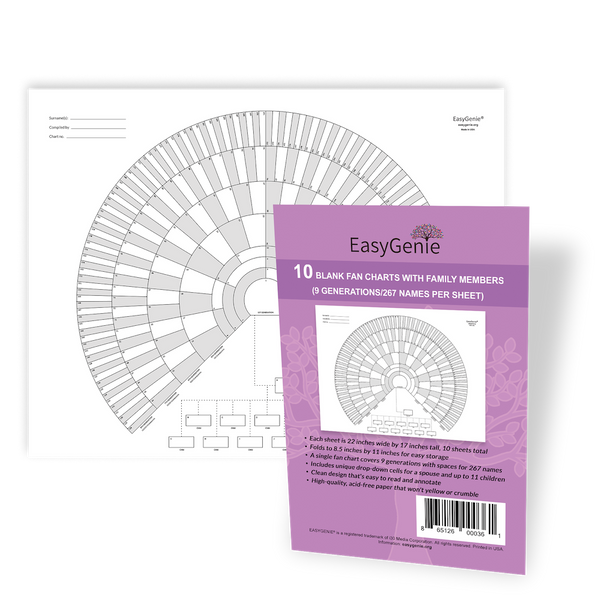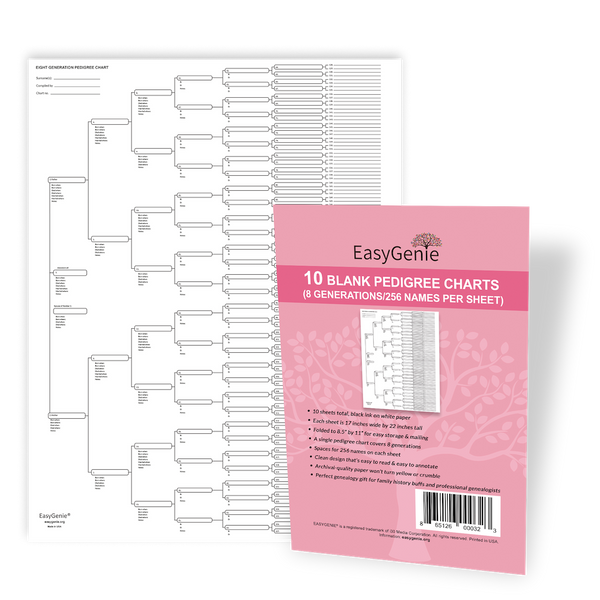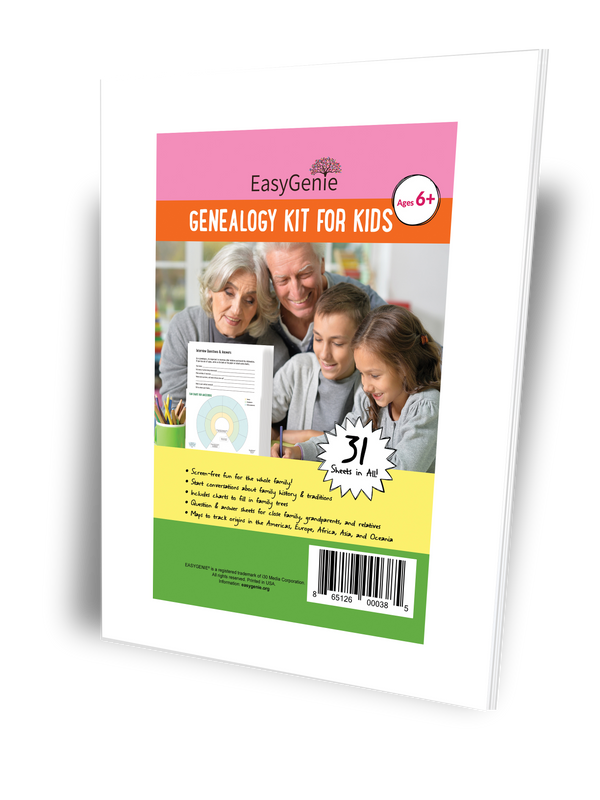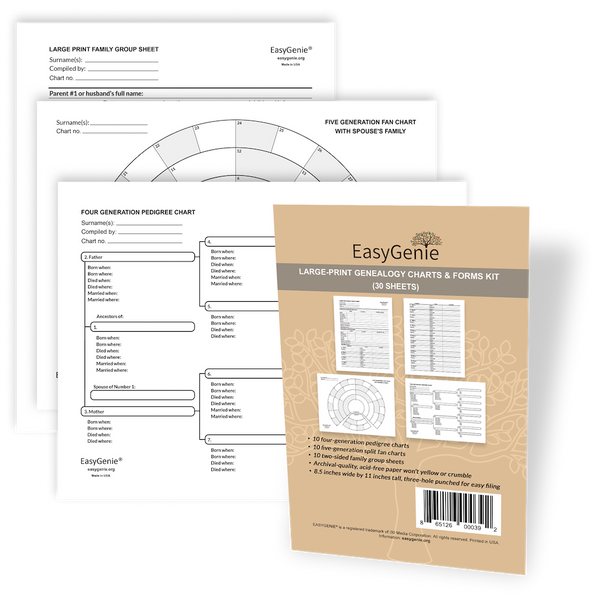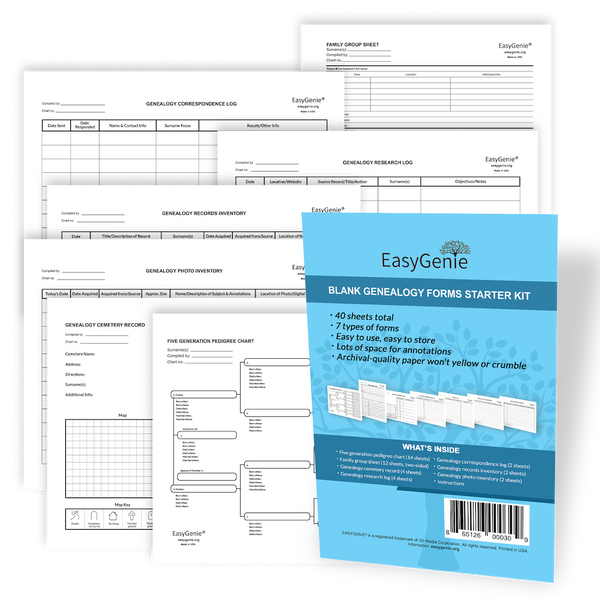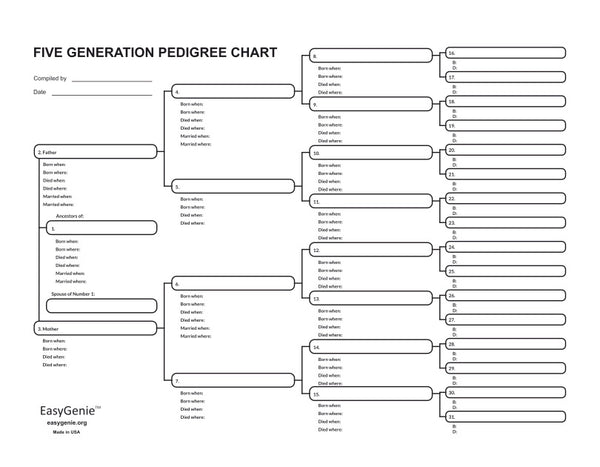
Shared surnames and clan communities
Ian LamontWhen you encounter someone with a shared surname, does the conversation go something like this?
“Hey, that’s my last name too!”
“Wow, what a coincidence.”
“Maybe not! Where is your family from?”
The goal of the last question is to determine if you’re somehow related. While unlikely, it’s possible the shared surname comes from the same paternal line many generations prior.
Sometimes, though, I get questions like this:
“Hello, in doing research I found that I may be connected to the same clan as you in Scotland. Where would you suggest the best place to find more info on them aside from the normal ancestry websites. They tend to mislead me in a lot of cases.”
The question I received gets to the heart of something important: Shared surnames, even with no obvious family link, can reflect a shared clan connection.

In many parts of the world, shared surnames take on an almost tribal identity. The portrait above depict two Scottish men in their clan’s ceremonial dress in the early 1700s.
When I was little, and I encountered someone with my last name, I assumed that we were somehow related, as if there was an “Adam” for our surname from which everyone with that surname descended. That’s not how it works, but there is something to be said for identity, community, and friendship built around shared surnames.

The late Jimmy Buffett (of Margaritaville fame) and billionaire investor Warren Buffett famously connected over their shared last name, which has French origins. While a DNA test found they were not related, their friendship endured for 35 years.
In China and other nations with large ethnic Chinese populations such as Taiwan, Singapore, and Malaysia, clan associations based on shared last names or regional origins serve important community functions. Starting in the 1800s, the associations also found a foothold in American Chinatowns, where immigrants sought connection in a strange and often hostile land.

In Scotland and among the global Scottish diaspora, some people still wear clan tartans at formal events such as weddings. They may participate in Highland Games, which brings together people from different clans to celebrate their heritage. Participants take part in feats of strength and other contests. Clan Gunn was the winner of the Nesbitt Cup at the 2024 Highland Games organized by the St. Andrews Society of Detroit:

As for the the question that was posed to me about my own surname, here’s how I responded:
"I can't tell you much other than the surname was adopted in southwest Scotland and had several branches spreading to Northern Ireland as well as the Highlands near what is now Balmoral Castle."
"My best advice is to continue research, verifying links going back generation by generation until you can connect with a genealogist who has done solid research into the clan. They can be found on Ancestry and other sites, once you get through the bogus information. Good luck."
The bogus information is a reference to the well-known problem of tree rot - incorrect or misleading information spread via genealogy websites. As we advised in Why we don't trust FamilySearch's unified family tree, “Sometimes they provide answers, but often they lead family genealogists down the wrong path.”
